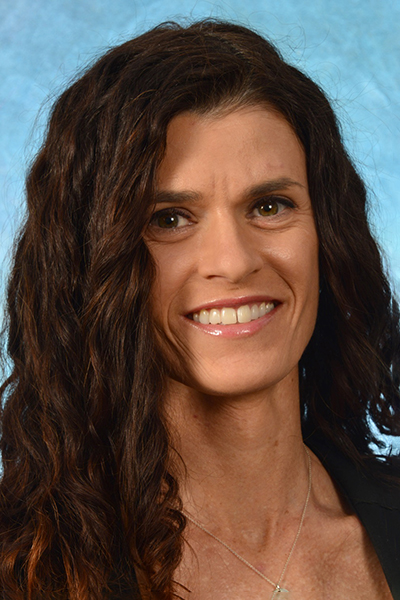Clinicians who conduct research, write research grants, or read research data must be fluent in the language of statistics. Daily Stats Bootcamp sessions November 12–14 at ACR Convergence 2022 will feature presentations and live discussions on how to apply, interpret, and disseminate statistical data.
Stats Bootcamp I: Tools to Analyze Performance of Screening and Diagnostic Tests
Saturday, November 12 | 11 a.m.–12 p.m. ET | Room 120
In this session, participants will learn how to identify research questions that require the use of statistical measures for test performance and accuracy. They will also be introduced to the common measures used to assess screening or diagnostic test performance, including sensitivity, specificity, positive and negative predictive values, the receiver operating characteristic (ROC) curve, and positive and negative likelihood ratios.
Jinoos Yazdany, MD, MPH, Chief of the Division of Rheumatology at Zuckerberg San Francisco General Hospital and the Alice Betts Endowed Professor of Medicine at the University of California, San Francisco, and Carolina Alvarez, MS, biostatistician and programmer for the Thurston Arthritis Research Center at the University of North Carolina-Chapel Hill, will present.

Stats Bootcamp II: Statistical Modeling of Categorical Data
Sunday, November 13 | 12–1 p.m. ET | Room 120
Speakers will provide an overview of methods for modeling categorical variables that researchers routinely encounter in their research or while reading others’ research. Presenters Todd Schwartz, PhD, Professor of Biostatistics at the University of North Carolina-Chapel Hill, and Becki Cleveland, PhD, Professor of Medicine at the University of North Carolina-Chapel Hill, will review how to identify categorical response variables, and how they differ from continuous ones, to understand relevant features of models for categorical response variables.
“Many researchers have had training in basic statistical modeling for continuous response variables, such as multiple regression and analysis of covariance,” Dr. Cleveland said. “However, we also routinely encounter categorical response variables in our own research or when surveying research literature. This session is intended to provide an overview of appropriate methods for modeling these categorical variables.”
Stats Bootcamp III: Interpret and Visualize Multi-dimensional Omics Data
Monday, November 14 | 12–1 p.m. ET | Room 119
In the final session of this year’s Stats Bootcamp, attendees will learn about the types of questions researchers can ask using omics data, along with common issues associated with high multidimensionality and basic implementations to address these issues. Additionally, the presentations will review two-dimensional visualizations of high-dimensional omics data commonly used in research papers and how to interpret results generated by these tools.
Onyinye Iweala, MD, PhD, Assistant Professor of Medicine at the University of North Carolina-Chapel Hill, and Liubov Arbeeva, MSc, biostatistician for the Thurston Arthritis Research Center at the University of North Carolina-Chapel Hill, will present.
WATCH ACR CONVERGENCE 2023 SESSIONS ON DEMAND
If you weren’t able to attend a session in person during ACR Convergence 2023, you haven’t missed out. All registered meeting participants receive on-demand access to scientific sessions through October 31, 2024.


